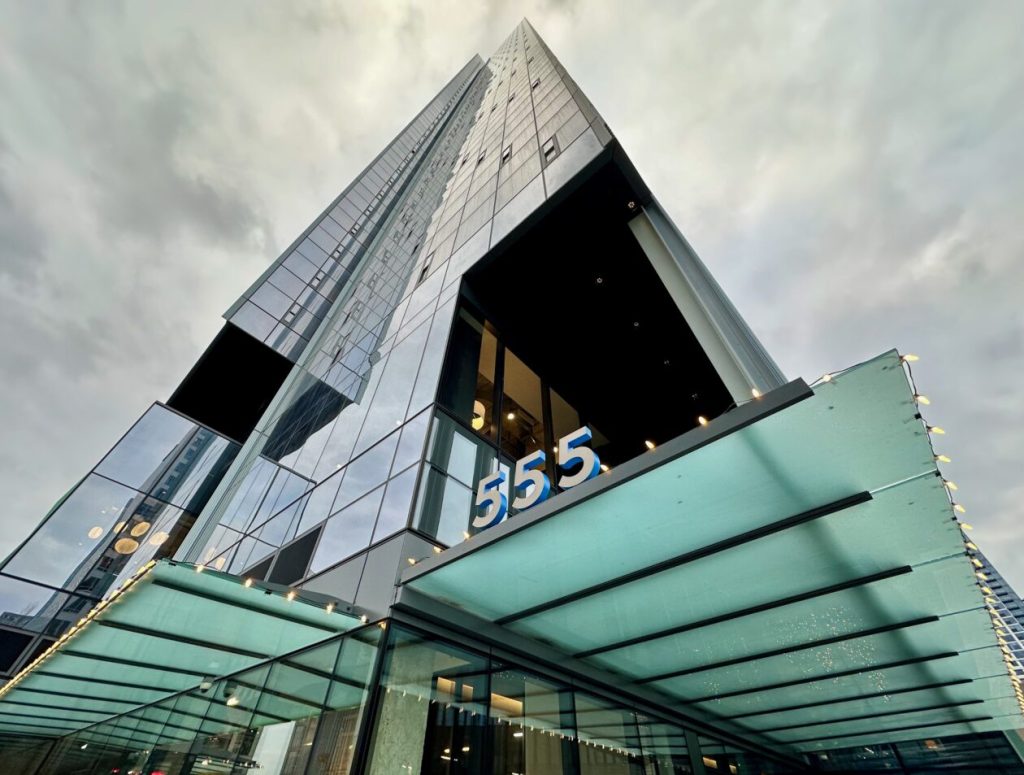The Impact of Amazon’s Return-to-Office Mandate on Bellevue’s Commercial Real Estate Market
Amazon’s impending return-to-office mandate, requiring employees to work onsite five days a week starting next month, has injected a much-needed dose of optimism into the Bellevue, Washington, commercial real estate market. The widespread adoption of remote work during the pandemic significantly impacted office vacancy rates, leaving developers and brokers grappling with uncertainty. Amazon’s decision is being hailed as a potential catalyst, inspiring other companies to follow suit and revitalize the office sector. This shift is particularly significant in Bellevue, a burgeoning tech hub where Amazon’s presence is substantial and growing. The company, which currently employs 12,000 people in Bellevue, plans to expand its workforce to 25,000, making its return-to-office policy a critical factor in the city’s economic landscape.
The pre-pandemic office vacancy rate in downtown Bellevue stood at a healthy 3.2%. However, the shift to remote and hybrid work models caused this figure to surge to a staggering 16.6%. This drastic increase reflects the broader challenges facing commercial real estate in tech-centric areas, as companies reevaluated their office space needs in light of changing work patterns. Amazon’s renewed commitment to in-person work is expected to significantly alter this trajectory. Real estate brokers anticipate a surge in demand for office space, driven by Amazon’s return and the potential for other companies to adopt similar policies. This renewed activity could breathe life back into a market struggling to adapt to the post-pandemic reality. While Amazon’s vast footprint in Bellevue remains partially unoccupied, with 40% of its leased space currently unused, the return of its workforce is expected to fill these spaces, injecting much-needed activity back into the city’s downtown core.
While Amazon’s return-to-office mandate is a boon for Bellevue’s commercial real estate market, the departure of Microsoft presents a significant challenge. Microsoft, another tech giant with a substantial presence in the area, is vacating nearly 2 million square feet of office space in downtown Bellevue as it consolidates its operations at its Redmond headquarters. This move, driven by Microsoft’s more flexible work policies, represents a considerable loss for the local economy. However, the emerging narrative is not solely defined by departures. Several other tech companies, including OpenAI, Snowflake, ByteDance, and Pokémon, are expanding their presence in Bellevue, filling some of the void left by Microsoft’s departure. This influx of new tech players highlights Bellevue’s continued attractiveness as a business hub, suggesting a dynamic and evolving market.
Despite the cautious optimism surrounding Amazon’s return and the influx of new companies, the future of Bellevue’s commercial real estate market remains uncertain. Companies are adopting diverse return-to-office strategies, making it difficult to predict long-term trends. Some are embracing full-time in-person work, while others are opting for hybrid models or remaining fully remote. This variability necessitates a flexible and adaptable approach from developers and brokers, who must cater to evolving needs and preferences. The focus is shifting from simply providing office space to creating dynamic, collaborative environments that offer distinct advantages over working from home. Quality and innovation are becoming paramount, as companies seek spaces that foster creativity, collaboration, and a sense of community.
The emphasis on quality over quantity reflects a broader shift in the commercial real estate landscape. Companies are no longer primarily concerned with maximizing square footage but rather with optimizing the functionality and appeal of their office spaces. This change necessitates a reimagining of office design, incorporating elements that promote employee well-being, collaboration, and innovation. Features such as outdoor spaces, collaborative work areas, and amenities that enhance the overall employee experience are becoming increasingly important. This trend towards quality and experience aligns with the evolving needs of a workforce that has grown accustomed to the flexibility and comfort of remote work. Attracting employees back to the office requires creating spaces that are not merely functional but also engaging and conducive to a positive work environment.
Bellevue’s commercial real estate market appears to be on more solid ground compared to neighboring Seattle, which is grappling with significantly higher vacancy rates and recent loan defaults by major office developers. Bellevue’s business-friendly environment and focus on public safety contribute to its attractiveness for companies. However, the city also faces challenges, particularly concerning affordable housing, which could hinder its ability to attract and retain talent. The high cost of living in Bellevue poses a significant obstacle for younger employees, raising concerns about long-term sustainability. Addressing this challenge will be crucial for Bellevue’s continued success as a thriving tech hub. The interplay of these factors – Amazon’s return, Microsoft’s departure, the influx of new companies, the focus on quality office spaces, and the affordability challenge – will shape the future of Bellevue’s commercial real estate market in the coming years.


